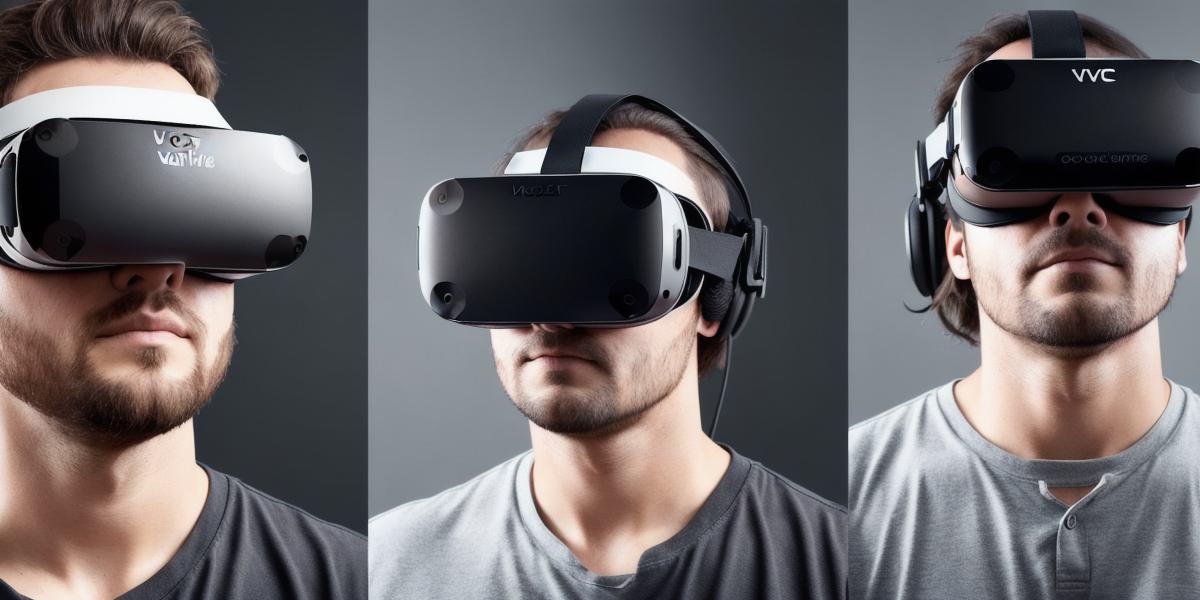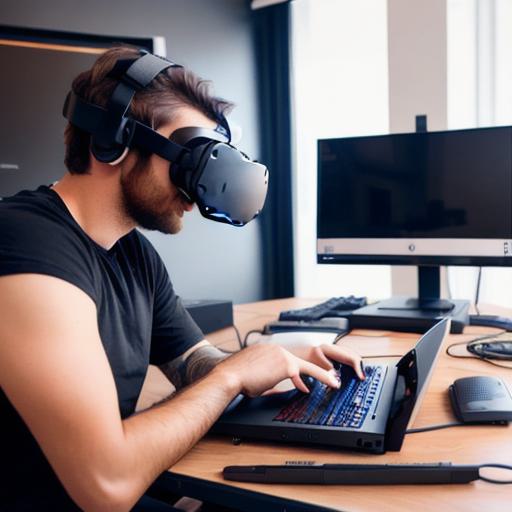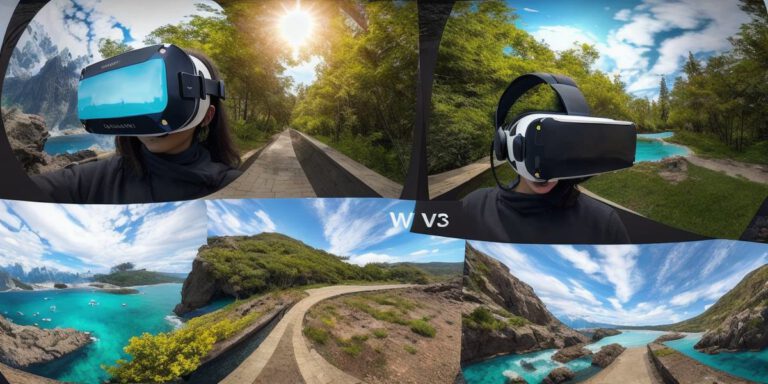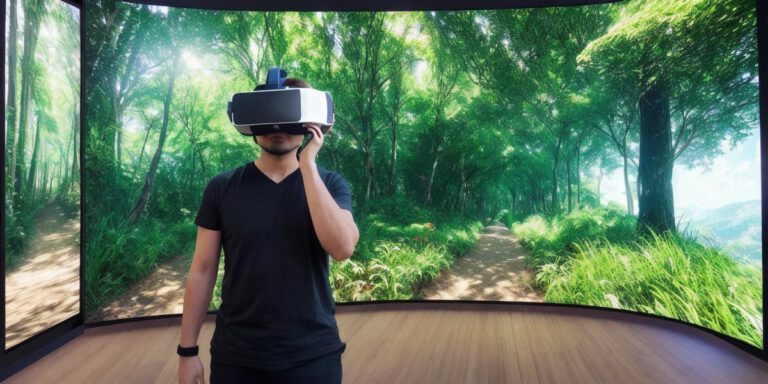PC vs VR: Which Is Better for Virtual Reality Development?

Virtual reality (VR) technology has come a long way in recent years, and more and more people are using it for gaming, entertainment, and even education. But for virtual reality developers, the choice between PC and VR platforms can be a tough one. In this article, we’ll explore the pros and cons of each platform and help you decide which is best for your needs.
The Pros of PC Virtual Reality
PC virtual reality (VR) technology offers several advantages over its VR counterpart. One of the biggest advantages is that it allows developers to reach a larger audience. While VR devices are becoming more common, they’re still relatively expensive and not everyone has one at home. But with PC VR, anyone with a computer and an internet connection can experience virtual reality.
Another advantage of PC VR is its versatility. PCs come in all shapes and sizes, from budget-friendly laptops to high-end gaming rigs. This means that developers can create virtual reality experiences that work on a wide range of devices, from low-end PCs to top-of-the-line gaming systems.
In addition, PC VR technology is constantly improving. New hardware and software updates are released all the time, which means that developers can always take advantage of the latest and greatest virtual reality technology.
The Pros of VR Virtual Reality

Virtual reality technology developed specifically for VR devices offers several advantages over PC VR. One of the biggest advantages is immersion. VR headsets are designed to completely immerse users in a virtual environment, which can be a more realistic and engaging experience than what you might get on a PC.
Another advantage of VR technology is that it allows for more precise tracking of movements. With VR devices, developers can track the user’s movements with high precision, which means that they can create more intuitive and natural virtual reality experiences.
Finally, VR technology offers a level of freedom that PC VR cannot match. With VR devices, users are completely free to move around and explore the virtual environment, which can be a more enjoyable experience than being tethered to a computer screen.
The Cons of PC Virtual Reality
While PC VR technology has its advantages, it also has some downsides. One of the biggest disadvantages is that it can be more expensive than VR technology developed specifically for VR devices. High-end gaming rigs and VR headsets can be quite expensive, which means that not everyone may be able to afford them.
Another disadvantage of PC VR is that it requires a computer with a certain level of processing power. This means that developers may need to optimize their virtual reality experiences to ensure that they run smoothly on all PCs.
Finally, PC VR technology can be less immersive than VR technology developed specifically for VR devices. While PC VR headsets can provide a high level of immersion, they are still limited by the fact that the user is looking at a screen. This means that developers may need to work harder to create virtual reality experiences that feel as realistic and engaging as possible.
The Cons of VR Virtual Reality
While VR technology developed specifically for VR devices has its advantages, it also has some downsides. One of the biggest disadvantages is that it can be more expensive than PC VR technology. High-end VR headsets and computers can be quite expensive, which means that not everyone may be able to afford them.
Another disadvantage








